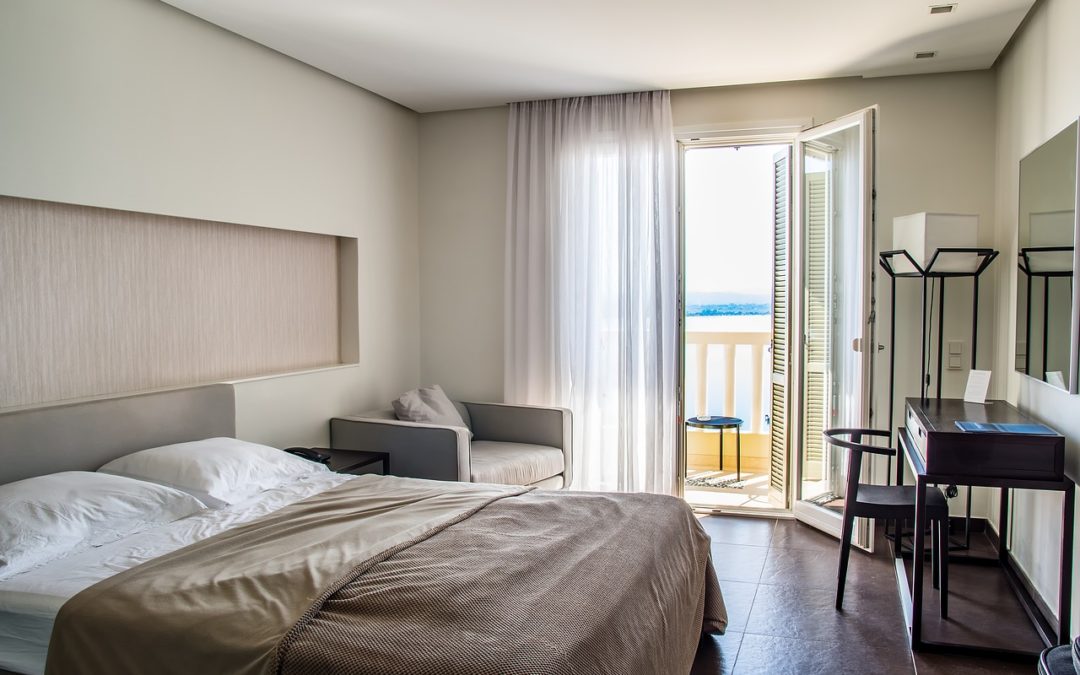En tiempos pasados, todos los hoteles dependían del boca a boca para atraer viajeros. Hoy en día esa costumbre no ha cambiado y cualquier establecimiento hotelero necesita mantener y/o mejorar su reputación para sobrevivir, aunque en este caso dicha reputación es más importante en el canal online.
Por ello la integración de las redes sociales en cualquier estrategia de marketing debería ser un paso natural y todo hay que decirlo, obligado. Los viajeros están permanentemente conectados a sus canales preferidos, plasmando experiencias y opiniones que son leídas por millones de usuarios. Las marcas del sector, en consecuencia, no pueden ignorar el impacto y la influencia que, a día de hoy, supone el social media para la industria del turismo, y en concreto para el sector hotelero.
Desde BRAINTRUST vamos a analizar la importancia que tienen las redes sociales para dicho sector, poniendo el foco en cuatro puntos fundamentales:
1. Los públicos están en las redes.
Hoy en día el social media es básico para cualquier negocio, pero, ¿por qué es tan importante en el mercado hotelero? Según el «Estudio Anual de Redes Sociales 2019», elaborado por IAB Spain, en España hay un total de 25 millones de usuarios, lo que conforma una audiencia potencial que no debe infravalorarse. Estas plataformas ayudan al turista en cada una de las etapas del viaje, ya que los huéspedes comienzan a planificar utilizando un motor de búsqueda, contrastan ideas en los medios sociales y, finalmente, toman en consideración las distintas reseñas disponibles. Por lo tanto, si se quiere conocer y alcanzar al público objetivo, es vital generar una presencia sólida en las redes sociales, reforzada por acciones de verdadero valor.
2. Optimizan la atención al cliente.
Las redes sociales son un canal inmejorable para la atención al cliente y el mantenimiento de la reputación online. Una vez se conoce el canal donde se encuentra el público objetivo, es fundamental establecer una hoja de ruta para abordar situaciones de crisis y cualquier eventualidad. Se trata de un trabajo complejo, pero es la mejor herramienta para iniciar conversaciones cara a cara entre marca y usuario, y no sólo cuando el viajero presenta una “queja” sino también cuando el viajero muestra su satisfacción. Los huéspedes no son pacientes, y esperan que respondamos a sus preguntas con la mayor brevedad y la máxima transparencia. Si existe algún problema con el servicio de habitaciones, o dudas acerca de cómo cambiar una habitación por otra, la comunidad debe disponer de una información clara y prácticamente instantánea. Un hotel que cultive estás relaciones verá potenciada su notoriedad y reconocimiento, lo que a futuro se traducirá en ventas.
3. Permiten conocer el clima de opinión.
Estar al tanto de lo que opinan los clientes es esencial para definir el rumbo y establecer cambios valiosos para la marca. En el sector que nos atañe, TripAdvisor es el canal masivo, convirtiéndose en una gran fuente de información y percepción para las marcas. TripAdvisor clasifica los hoteles según tres factores: reseñas publicadas recientemente, cantidad de reseñas y calidad de las reseñas. Las tendencias indican que las personas son más propensas a publicar sobre una experiencia negativa, por eso es importante poner el foco de atención sobre esta plataforma. Evaluar las críticas y hacer las mejoras pertinentes es el camino a seguir, y las redes sociales posibilitan medir el clima de opinión que se respira en torno a un hotel concreto.
4. Potencian el apartado visual El contenido visual es el más efectivo en el sector hotelero. Los huéspedes quieren sentirse comprometidos con la marca o servicio, por lo que un feed basado en imágenes potentes es muy importante para transmitir emociones y experiencias. Nuestros hábitos de consumo están cambiando, y ya una simple foto del hotel no nos vale, las audiencias buscan fotos y videos en las redes sociales antes de hacer una reserva. De hecho, la identificación visual de una marca es un factor determinante en las decisiones de compra. Según Travolution, el 40% de los millennials valoran que el hotel tenga características que potencien hacer fotos para Instagram. Estos resultados demuestran cuán importante es para los hoteleros mostrar una identidad visual fuerte, que a través del marketing de influencers optimizará su alcance.
Para Ángel García Butragueño, Co-Director del Barómetro Turístico BRAINTRUST: “Las redes sociales en el sector hotelero son mucho más importantes que en cualquier otro ámbito, ya que cualquier viajero se informa y revisa referencias de los establecimientos antes de iniciar el proceso de compra. Los actores implicados deben tratar a los usuarios con mayor mimo, dando respuesta a sus demandas y ofreciendo soluciones efectivas, estando en constante y continua comunicación”.
Según José Manuel Brell, Co-Director del Barómetro Turístico BRAINTRUST: “Una Experiencia de Cliente positiva es la clave para fidelizar a los viajeros en un mercado muy competitivo donde hay múltiples ofertas de alojamiento.Y uno de los “touchpoints” más importantes son las redes sociales, así que la estrategia de comunicación pasa por ellas, ya no es tanto el contenido de valor, que también, sino más bien el feedback continuo con todo tipo de viajeros, que consideran estos espacios on line como el sitio donde estar e interactuar”.
En BRAINTRUST podemos ayudarte a crear la estrategia de Redes Sociales a tu medida.
¿Quieres obtener información detallada? Ponte en contacto con nosotros y solicita nuestro Barómetro Turístico, el soporte metodológico que determina la disposición del mercado a viajar, así como las tendencias que permiten a todos los proveedores de la industria de viajes identificar oportunidades de negocio y ajustar su oferta a las preferencias de los consumidores.






